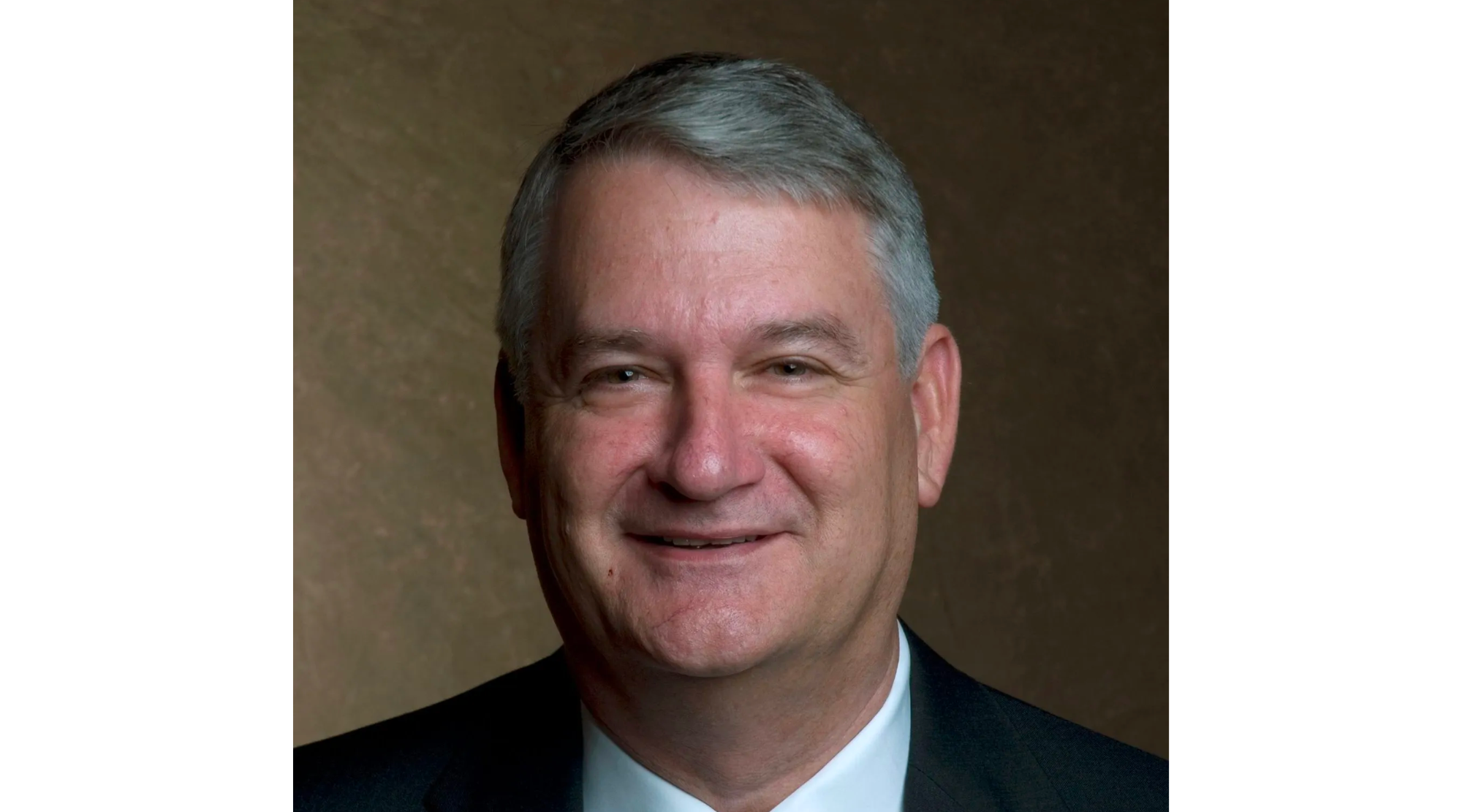Don’t talk to strangers
Published 6:20 pm Tuesday, May 24, 2011
She was gone for just two or three seconds before her Granny yelled at me, “Where’s Laura?”
The truth is she was doing what any 2-year-old would do in a store, she was headed halfway down the aisle in the toy section.
The older lady passing by looked at me somewhat disapprovingly and told me you can’t be too careful with all these “strangers.” While I agree, I wondered how a child gains a sense of confidence and freedom if we are constantly hovering over them.
Like almost all children, I was first warned not to talk to strangers by my mother. The odd thing was there were almost no strangers in the small town I was growing up in. In fact, my father had told me not to call him for permission to leave on my bike but rather just to be home before dark.
Somewhere along the way, I developed that inner instinct that told me who to talk to and who to trust. I also developed that sense of protection with my own children that leads to instant panic you have when you don’t know where your loved ones are.
A couple of weeks ago, ML and I went to Moby Dick’s restaurant in Colquitt to eat after church. We were already late so thought the crowd would be slim. Apparently, every preacher in a three-county area kept their flock past the noon hour as the line was backed out to the door when we arrived.
Normally, we would pass up a meal with a line that long, but decided to join the crowd on this particular Sunday. I knew probably half the people, leaving many that I have never met before, including the couple behind us in line.
Moving slowly, we somehow struck up a conversation and found out they were on their way back from Panama City to their home in Macon. By the time we reached the buffet table, we had invited them to join us at our table.
What followed was one of the most interesting lunches we have had in a while. For probably an hour we took time out of our busy lives to talk to a couple of strangers.
It turns out that Earl and Carolyn were much like us. They had a place at the beach not far from where my mother lives. They have a vacation home on a lake.
They enjoy traveling and meeting other people and are devoted grandparents. In fact, the business card that we exchanged after our lunch listed them as retired, with the caption “Grandparents on the Go.”
As we departed the restaurant and headed our separate ways, I knew that we probably would not see them again. Mary Lou and I talked the entire trip back to Donalsonville about how easy it would have been to have not seen or spoken to these two delightful strangers.
We could have been five minutes earlier or later. We could have been just a bit farther down the line. We could have chosen not to wait in line and headed to another restaurant.
But most of all, we realized that both couples could have done what we have been programmed to do and not talk to strangers. If we are honest, most of us don’t really do much more than nod and smile to a stranger next to us in line. For some reason we broke the rule and were all rewarded by it.
There is something comforting about knowing that someone knows the world the same way you do. That Earl and Carolyn shared such similar memories in their lives reminds us at just how small this world we live in can be.
Ernie Allen is the head of the National Center for Missing and Exploited Children, the group that put the missing children on milk cartons. His group is trying to expose the myth of “stranger danger.”
Most child abuse occurs at the hand of someone the child already knows—a stepparent, a brother, a baby-sitter—not a stranger. By always making the stranger out to be the bad guy perhaps we sometimes push a child in the wrong direction.
Our time might be better spent teaching a child common sense; to explore strangers with caution but not fear. We should teach them to be alert to the real dangers we fear—a white van following them from the park—and to run to a stranger for help when in need rather than fearing them all.
That is one of the beauties of living in a small town. I would like to think everyone is looking out for our kids. But we should also teach them to look out for themselves.
Then perhaps when they are adults they will meet some perfect strangers in line one day and realize just how much we all have in common.


